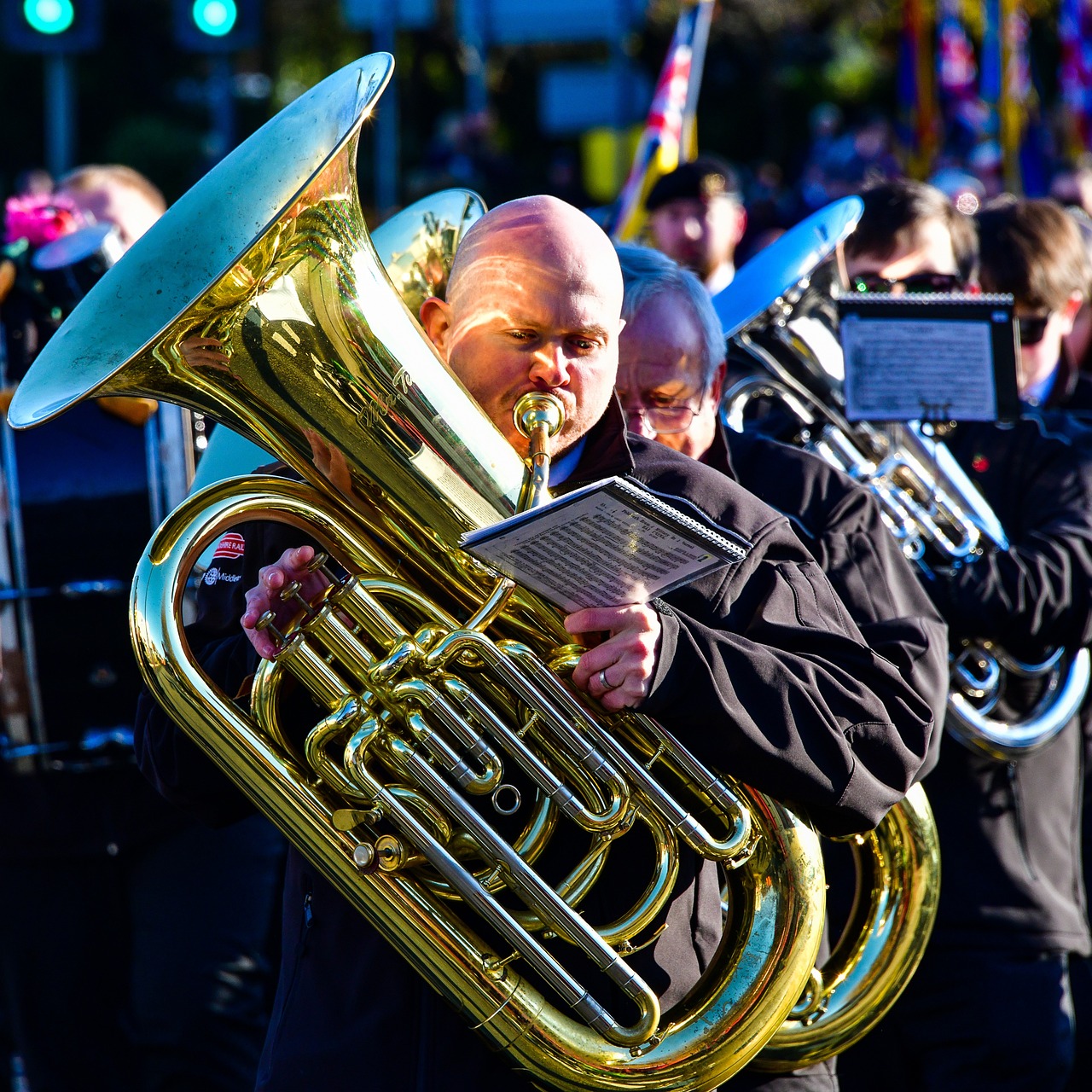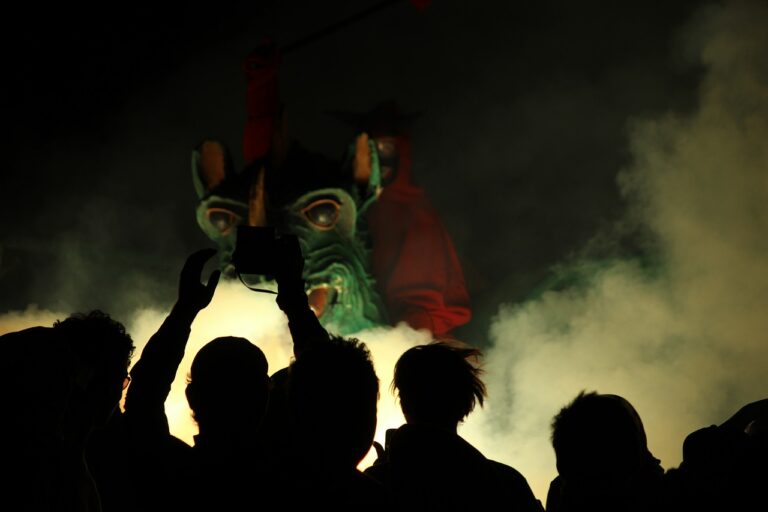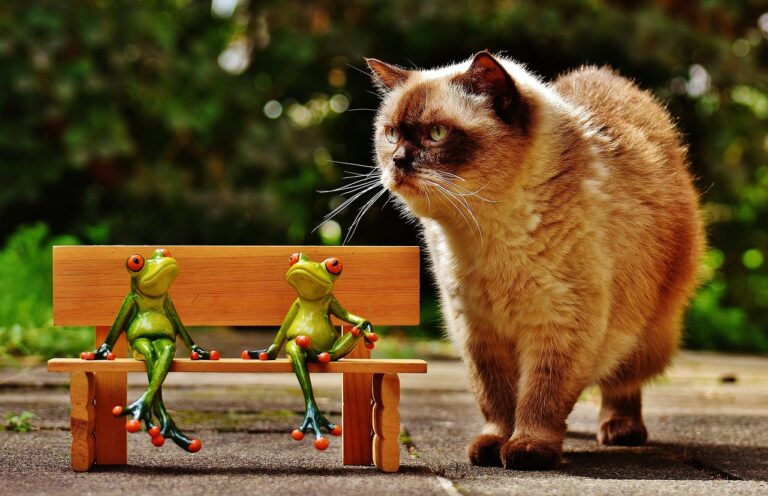The Art of Improvisation in Comedy: Behind the Laughter
Improvisation in comedy hinges on the ability to think quickly on your feet. It requires performers to be present in the moment, reacting authentically to their scene partners and the given circumstances. This spontaneity adds an element of surprise and freshness to the comedy, keeping both performers and audience engaged in the moment.
Furthermore, a crucial element of successful improvisation in comedy is the concept of “yes, and.” This means accepting and building upon the contributions of your scene partner rather than shutting them down. By embracing this mindset, performers can create a collaborative environment where ideas flow freely, leading to organic and hilarious scenes.
Understanding the Role of Listening in Improvisation
Listening is a fundamental aspect of successful improvisation in comedy. When performers truly listen to each other on stage, they are able to build upon each other’s ideas and create engaging and hilarious scenes. By being fully present and attentive to their comedy partners, improvisers can pick up on cues, nuances, and opportunities for humor that might otherwise be missed.
In the world of improv comedy, listening goes beyond just hearing words spoken by others. It involves tuning in to body language, tone of voice, and the overall energy of the scene. Through active listening, performers can respond in the moment, heightening the comedic timing and flow of the scene. This mutual focus on listening not only enhances the quality of the performance but also strengthens the bond between comedy partners, leading to more successful and enjoyable improvisation.
• Listening is crucial for successful improvisation in comedy
• Performers need to be fully present and attentive to their comedy partners
• Tuning in to body language, tone of voice, and energy of the scene is important
• Active listening allows performers to respond in the moment with comedic timing
• Mutual focus on listening strengthens bond between comedy partners
The Importance of Building Trust and Collaboration with Your Comedy Partners
Building trust and fostering collaboration with your comedy partners is crucial for creating a successful and cohesive comedic performance. When each member of the team feels supported and valued, it sets the stage for organic and genuine interactions that bring the comedy to life. Establishing trust among team members allows for a safe space where ideas can be shared freely, leading to a creative environment where everyone feels comfortable taking risks and exploring new comedic possibilities.
Collaboration is key in comedy improvisation, as it requires quick thinking and adaptability to work together seamlessly with your partners. By actively listening and responding to each other’s cues, comedy partners can build upon one another’s ideas to create hilarious and memorable moments on stage. The ability to trust in your partners’ abilities and comedic instincts is essential in order to stay in sync and elevate the overall performance to new heights.
Why is building trust with your comedy partners important in improvisation?
Building trust with your comedy partners is important in improvisation because it allows for a safe and supportive environment where performers can take risks and explore new ideas without fear of judgment.
How can trust be built with comedy partners?
Trust can be built with comedy partners through open communication, active listening, mutual respect, and a willingness to collaborate and support each other on stage.
What role does collaboration play in comedy improvisation?
Collaboration is essential in comedy improvisation as it involves working together with your partners to create scenes, characters, and jokes in the moment. It requires a give-and-take dynamic where everyone contributes and builds on each other’s ideas.
How does listening impact improvisation in comedy?
Listening is crucial in improvisation as it allows performers to fully engage with each other, react authentically to their partner’s cues and offers, and create a cohesive and connected scene. It helps in building trust and collaboration with your comedy partners.







